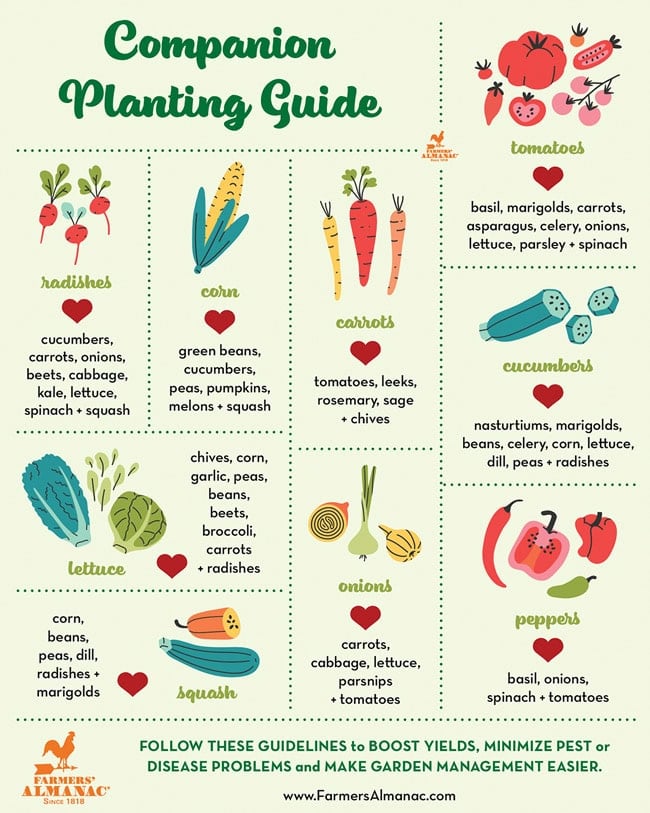Discovering the best companion plants for carrots is not just about cultivating a vibrant garden; it’s about fostering an ecosystem where plants support each other’s growth. Whether you’re an experienced gardener or a novice, learning which herbs, flowers, and vegetables to grow with carrots can enhance your garden’s health and yield.
Carrots are a delightful addition to any garden, but they require companions that can help them thrive. Understanding the dynamics of companion planting can ensure that your carrots are not only healthy but also more productive. Let’s delve into the world of companion planting and discover how you can create the perfect companionship for your carrots.
What Grows Well With Carrots?
When it comes to selecting companions for carrot growth, there are several considerations to make. It’s essential to choose plants that will not compete for the same nutrients and space. Herbs, flowers, and some vegetables make excellent neighbors for carrots in the garden.
For instance, leafy greens like lettuce and spinach can be planted alongside carrots. These vegetables have shallow roots and help retain soil moisture without competing with carrots’ deeper root systems. Additionally, planting aromatic herbs such as rosemary, sage, and chives can help to repel carrot flies, a common pest for carrots.
Onions and leeks also complement carrots well, as their strong scents can deter carrot flies and other pests. However, it is crucial to provide ample space between these plants to ensure optimal growth for all.
How Can Companion Planting Benefit Carrots?
Companion planting offers a myriad of benefits, not just for carrots but for the entire garden. Planting specific herbs and flowers can help to repel pests naturally, reducing the need for chemical pesticides.
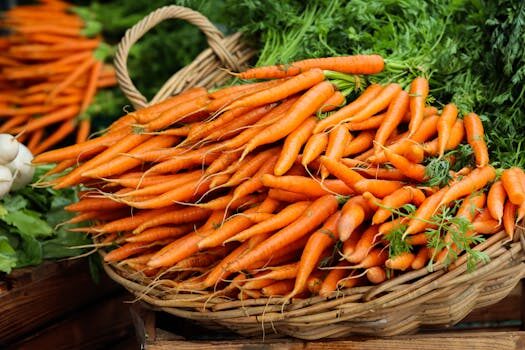
Moreover, companion plants can serve as a natural barrier to diseases, minimizing the spread of fungal issues and other pathogens. For instance, marigolds release a substance from their roots that can deter nematodes, which may otherwise harm carrot roots.
Companion planting also optimizes space usage in your garden. By planting carrots with quick-growing greens, you can harvest the greens and make room for the carrots to expand. This strategy ensures a continuous yield from the same plot of land.
What Not to Plant With Carrots?
While many plants are beneficial to carrots, there are also those that should be kept at a distance. Dill, parsnips, and other root vegetables like potatoes can compete for nutrients and space, hindering carrot growth.
It’s also wise to avoid planting carrots near members of the Apiaceae family, such as celery and coriander, because they can attract similar pests and are prone to cross-pollination, which could affect the flavor and growth of your carrots.
What Are the Best Companion Plants for Carrots?
- Herbs: Rosemary, oregano, and sage help repel pests while enhancing flavor.
- Flowers: Marigolds and nasturtiums attract beneficial insects and deter pests.
- Vegetables: Leafy greens like lettuce create a microclimate that favors carrot growth.
Can You Grow Carrots Near Tomatoes?
While it’s not the most common pairing, growing carrots near tomatoes can be beneficial. Carrots can loosen the soil for tomato roots, while tomatoes provide partial shade, which can be helpful during hot spells. However, it is vital to maintain proper spacing to prevent competition for nutrients.
What Flowers Are Good Companion Plants for Carrots?
Flowers are not just decorative; they play a crucial role in companion planting. Marigolds are known to deter a range of pests, while nasturtiums attract aphids away from carrots. Sunflowers can provide shade and support for weaker carrot plants.
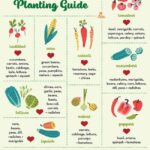 Best companion plants for broccoli: add these herbs, flowers and veg to your garden
Best companion plants for broccoli: add these herbs, flowers and veg to your garden
How to Maximize Carrot Yields With Companion Planting?
Maximizing carrot yields involves strategic planning. Intercropping with quick-maturing plants ensures continuous productivity. Ensuring a diversity of plants can also lead to a healthier, more balanced ecosystem in your garden.
Regular crop rotation is essential, especially if you’re growing other members of the Apiaceae family. Waiting 3-4 years before replanting carrots in the same spot can significantly reduce disease and pest issues.
Companion Planting Techniques for Carrots
Effective companion planting techniques involve knowing which plants can enhance carrot growth and pest resistance. Herbs such as thyme and parsley not only deter pests but can also improve the flavor of your carrots.
Before we delve further into the intricacies of companion planting, let’s take a quick look at a helpful video. This provides practical tips and visual guidance to enhance your understanding of companion planting with carrots.
Herbs That Deter Pests From Carrots
Including certain herbs in your garden can naturally keep pests at bay. Chives and garlic, for example, have strong odors that can mask the scent of carrots, making them less attractive to carrot flies and other insects.
Plants to Avoid Planting With Carrots
As mentioned earlier, certain plants can be detrimental to the growth of carrots. It is particularly important to avoid planting carrots near other root crops, which can lead to overcrowding and competition for resources.
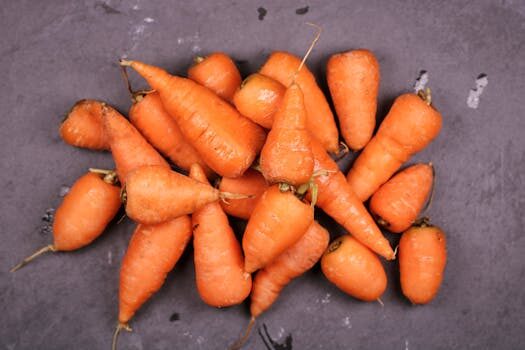
Related Questions on Companion Planting for Carrots
What Herbs Are Good Companion Plants for Carrots?
Herbs such as rosemary, sage, and chives can deter pests and even improve the flavor of carrots. These herbs can act as a protective barrier, keeping your carrots safe from harm.
What Not to Plant Around Carrots?
Avoid planting carrots near vegetables such as dill and parsnips, as they can attract similar pests and compete for the same nutrients, potentially impacting carrot growth.
What Flower to Plant With Carrots?
Marigolds are one of the best flowers to plant with carrots. They repel pests and improve soil health, which in turn can lead to a more robust carrot crop.
What Vegetables Go Well With Carrots?
Leafy greens like lettuce and spinach are excellent companions for carrots. They help maintain soil moisture and don’t compete heavily for nutrients, ensuring a harmonious growth environment.
By integrating these companion planting strategies, you can not only boost your carrot harvest but also create a garden that flourishes with biodiversity and resilience. Remember, the key to successful companion planting lies in careful planning and a willingness to experiment with different plant combinations. Happy gardening!
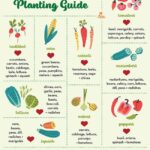 Best companion plants for strawberries: flowers, herbs and veg to grow alongside strawberries
Best companion plants for strawberries: flowers, herbs and veg to grow alongside strawberries
